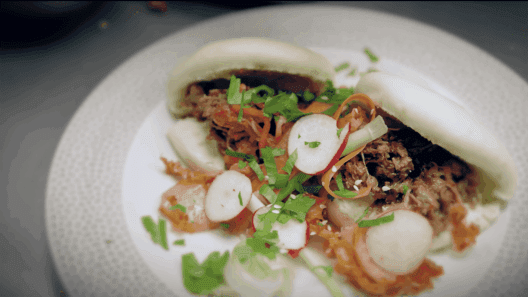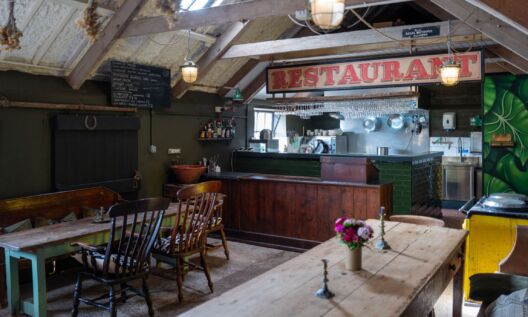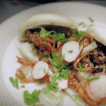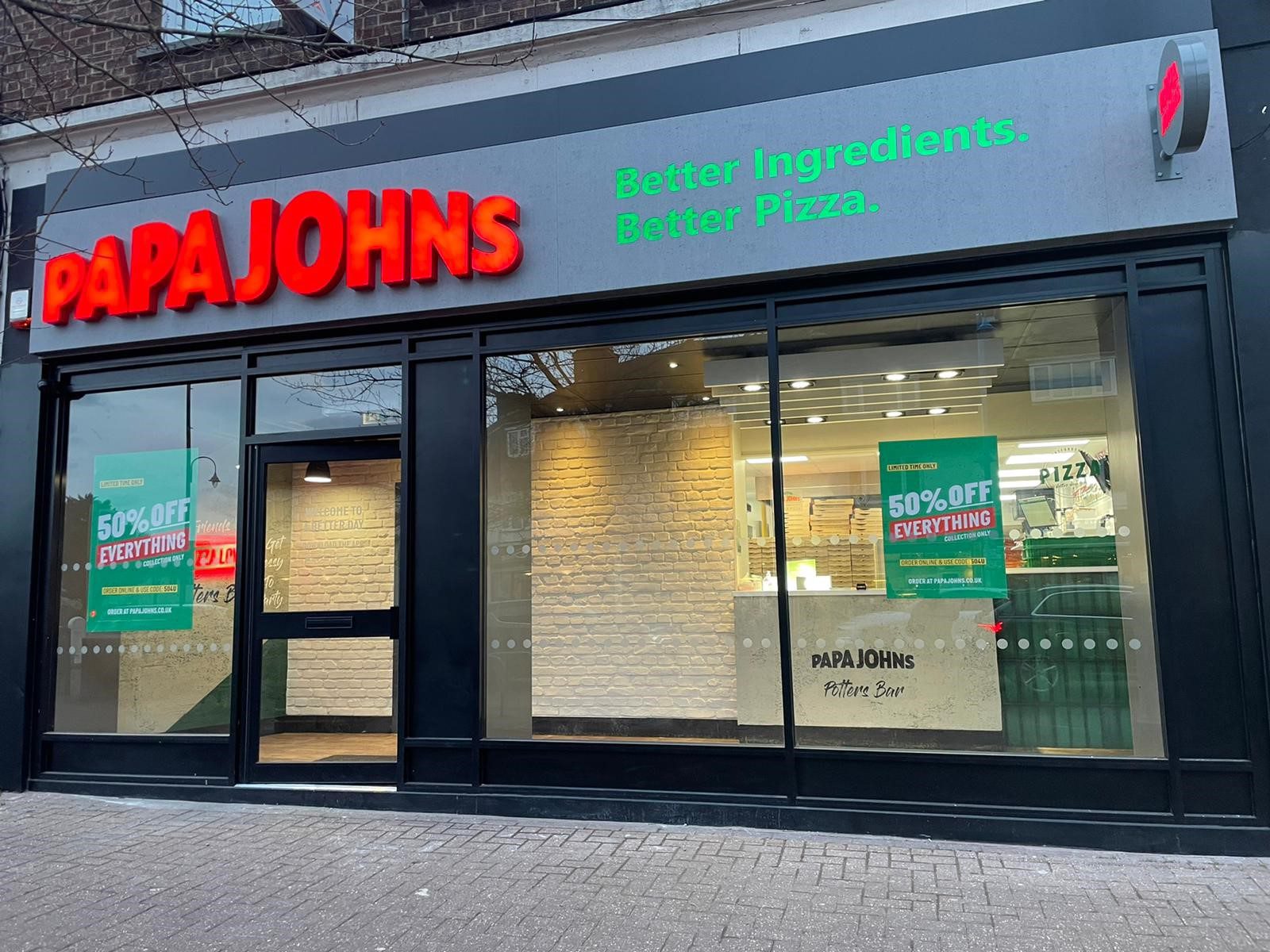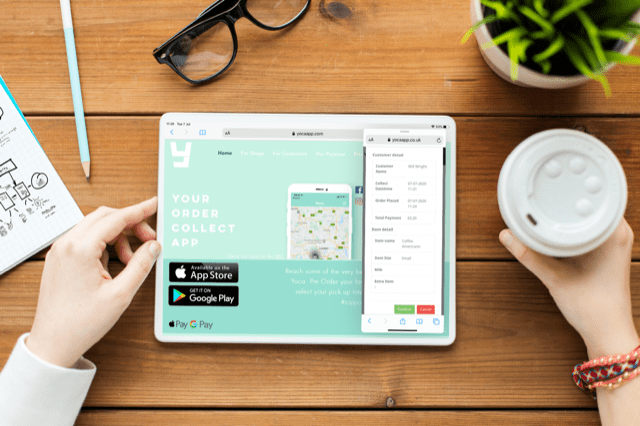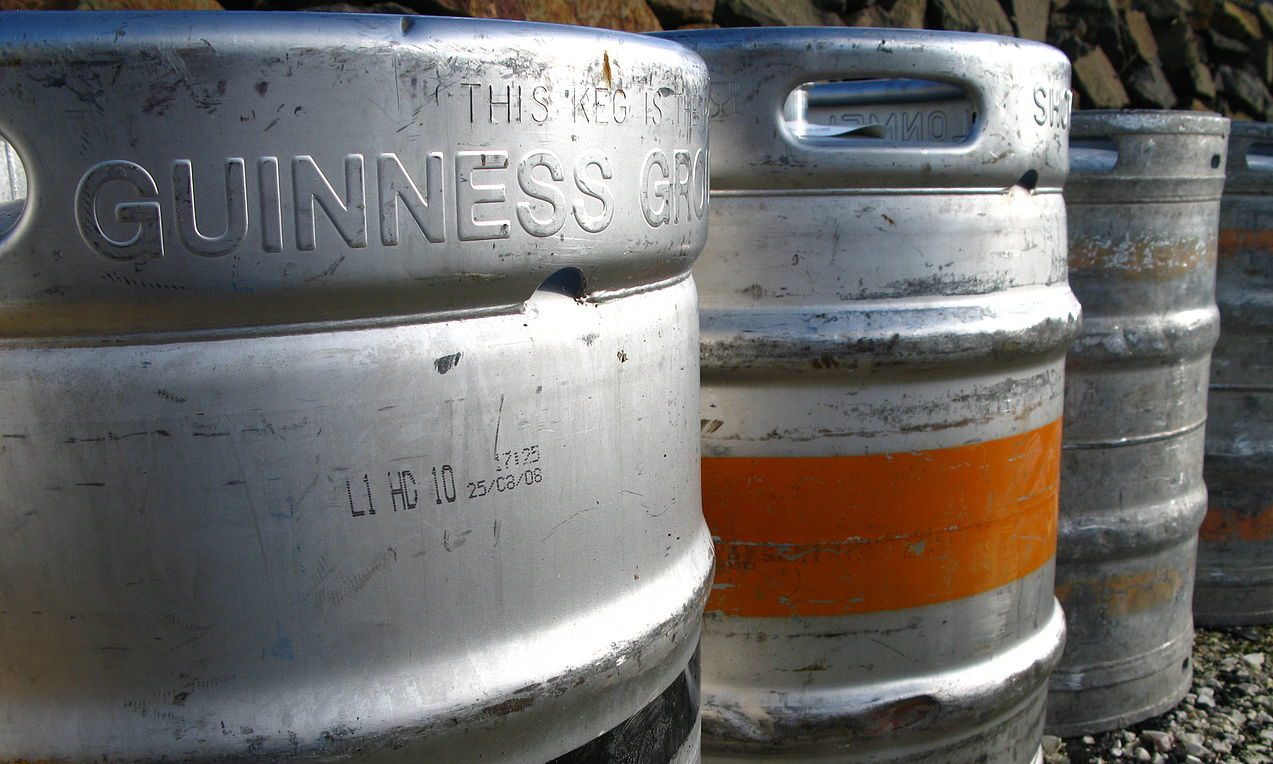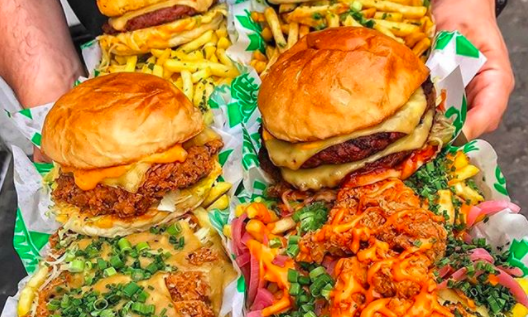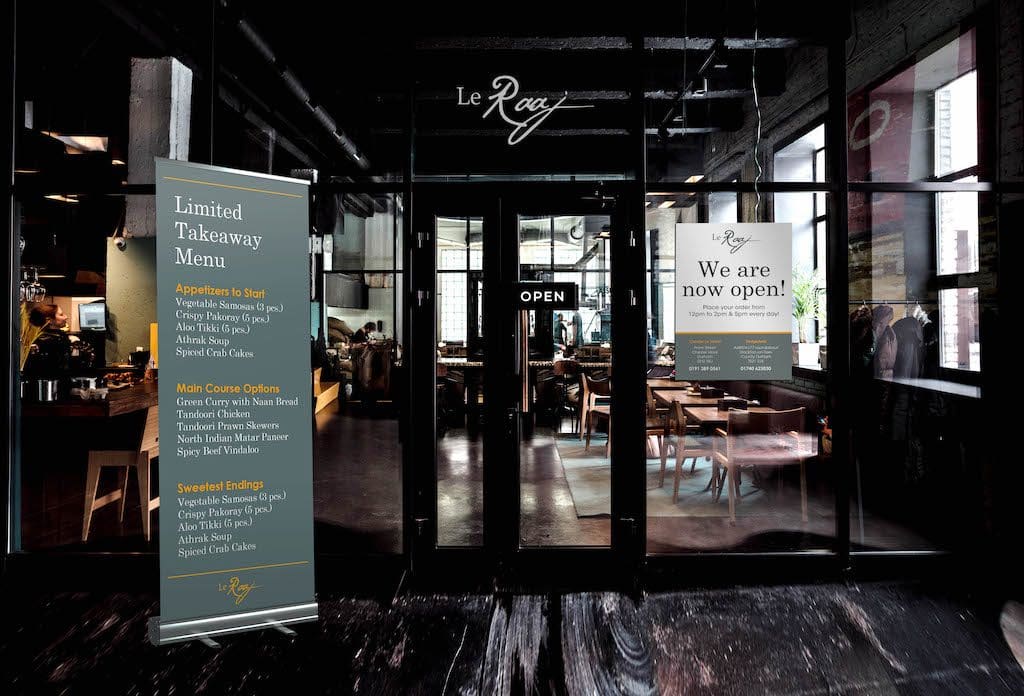Register to get 2 free articles
Reveal the article below by registering for our email newsletter.
Want unlimited access? View Plans
Already have an account? Sign in
How does the platform work in practice, both for businesses and consumers?
For businesses, we have a completely self-controlled self-service portal. We provide them with an account, which gives full access to menu tools, settings and an orders dashboard. Shops tailor their own structure, and control the naming of their items, prices, sizes, everything down to the extras.
The app updates in real time, and once shops are signed up, the self-service portal becomes a small notification centre which provides them with real-time updates of any orders coming in. The element of control lies purely with the shop itself. They’re the ones that say yes to the orders, and they’re the ones that control the order time constraints, where they can allow either a very short turnaround or give themselves a little bit more breathing space to get the orders ready.
We try to give shops as much functionality as possible to tailor it to their specific needs, and have found as a result, businesses have been so engaging, because they don’t have to stick to specific rules or constraints of a system.
Because we’re so passionate about the ‘Support Local’ element of it, the app is location-based and we’re keen to show customers what’s available to them within their catchment area. The idea is that the user directly engages with their local shop. They browse their menu, specify their time for collecting the order, and from there, on the basis of confirmation by the shop itself, proceed to collect the order at that time.
Interestingly, while commuting is not a big thing at the moment, we found that this element of the app works particularly well regarding the current need for social distancing. Customers who are more conscious about spending time out and about can think, ‘I’ll go on a walk at midday today, order ahead of time and go and collect it at a specified time’, which is great for both customers and shops alike as it reduces or eliminates the time spent in shops.
Can you tell us a little bit about the background of Yoca, and what it originally set out to do?
The idea was originally formed in 2018. I was working in London, and being a creature of habit, found myself going to the same coffee chain every single day. It was convenient. It was on my route to work. And I wasn’t necessarily thinking, ‘Oh, this is great coffee’. It was simply convenient because it was there.
The idea of Yoca stemmed from this simple element. I started thinking to myself, surely somebody has thought of a more improved way of linking me, the customer, to an end product that is best suited to me, and not necessarily the product that I return to out of habit.
Upon doing some research, I found that just around the corner there was a lovely place that served much better coffee, with a better price. From there, I started fleshing out the concept that would become Yoca. I thought, surely there’s a case here, because these smaller, independent shops don’t necessarily have the technology or investment potential to attract customers who might otherwise pass them by.
So what if there was something that was held centrally, where myself as a customer could find something based on convenience or price, order ahead of time and collect it at my own convenience? We then developed Yoca, a tool that can be used by independent shops who want to market themselves that little bit more, while retaining the mystique of their own branding. We wanted to give them a platform to reach more customers, but also provide the convenience that their day-to-day customers want to see.
You mention how Yoca has been quite beneficial in the age of social distancing. Have you seen a notable increase in its usage during lockdown?
Yes, definitely. For example, I truly believe one of our collaborators in Oxford wouldn’t have opened without us being available to them. During lockdown, they’ve used the app to manage their own footfall and queues, and they’ve only allowed people who have processed an order to enter the store.
Basically, Yoca gives users a unique identifier, so businesses can quickly identify someone that’s eligible to come in. It sounds very draconian and structured, but to them it’s been a real lifesaver in terms of being able to both attract people and reassure that businesses are doing things as safely and structured as possible.
They’re still able to operate day-to-day, but can also encourage people to come out and promote themselves in ways they previously couldn’t. And I think that’s the other thing we’ve been proud of. A lot of people have been apprehensive to get out, and might ask themselves ‘am I going to be hanging around the shop’, but Yoca does eliminate a lot of this uncertainty to an extent.
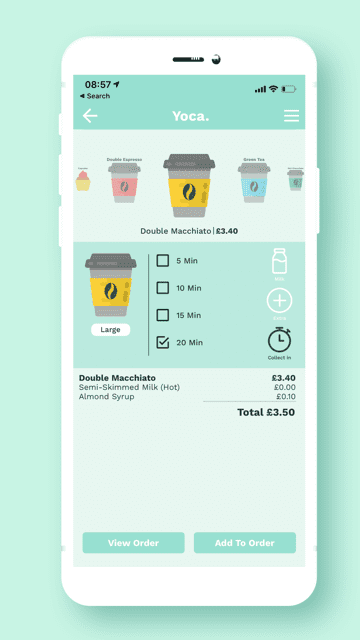 Do you think apps like this will become more-widely used in hospitality going forward?
Do you think apps like this will become more-widely used in hospitality going forward?
It’s a dangerous one, because sometimes the perception is that technology comes as a replacement, whether that be of people or services or perception or engagement, and people may worry that it makes things slightly sterile in terms of interactions in hospitality. We want to ensure that Yoca becomes a supporting element, not a replacing element. After all, we believe very much in the tangible experience of being in a coffee shop. It’s a big part of many people’s day, whether it forms part of their commute or social life. We’re not trying to lose sight of that, because it’s a very important part of coffee culture. At the same time, if we can make the process more efficient, whether that be because somebody wants to find a faster operation, a cheaper product or a closer option… that’s why we exist, and that’s why we’re here.
With the camaraderie that has come about as a result of coronavirus, we’re also passionate about being a supporting figure in the industry. The idea of supporting local businesses and sticking with local brands is something that needs to be nurtured at a time like this, and that’s something we hope our platform can provide. For us, it’s a way of serving up information in the best possible way, to support an industry that ultimately does need that local support in order to drive it forward at this time.
Speaking of looking ahead, what are your future plans for the app?
I think for us, the next key next steps we’re working on now is the loyalty element. How can we make sure that customers are rewarded for their engagement with the app, as well as their engagement with businesses that work alongside us? Because loyalty to brands is one of the biggest benefits to local businesses.
In the future, we also want to highlight and preserve what the story and brand behind each shop is. How do you make its uniqueness stand out, so that customers can make an informed choice about whether or not they go there? There’s fantastic shops that we’ve been involved in, and they each have a different angle on what it is they want to achieve. These shop owners are very driven and passionate, with a clear idea about their own branding. We don’t want our technology to block that, we want our technology to represent that and enhance that.
And finally, are you optimistic regarding the recovery of the hospitality sector, particularly amongst independent businesses?
I am optimistic. The only thing is that I think the embracement of technology will pose a real challenge, in some places. I really do think it can often be a scary thing for some businesses, in terms of what certain technology could mean for them, and whether it may risk diluting their brand. But as long as there is an element of engagement with it, and they’re using it to their advantage, I think that will help them be successful going forward and move through this recovery period.
And I’ve seen a real shift in mindsets. People are becoming more conscious about the choices they’re making, and making more choices based on informed knowledge. The more people engage with this mindset, the more it will be a big support for local hospitality businesses. And this shift, with both consumers and merchants alike, will be the key to the change and recovery we see in this industry down the line.


